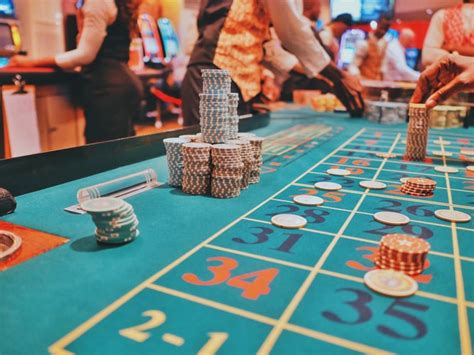Pachinko, the iconic Japanese game of chance and skill, has captivated players for decades. While some may view it as a form of gambling, others see it as an art form that requires strategy and emotional resilience. In this article, we'll delve into the world of pachinko and explore the key elements that make it so alluring.
Selective Machine Choice
Those who consistently win at pachinko are very particular about the machines they play. To succeed, one must identify the spin count that serves as the winning threshold, calculate the number of rounds to play in the evening, focus on flagship models during special events, and assess competitor turnover rates before engaging with a new machine.
Some players even opt to leave without playing if they can't find a machine that meets their specific criteria. Emotional resilience is crucial in pachinko, as maintaining a balanced emotional state enables quick exit decisions when losing or leaving if one can't find a suitable machine.
Emotional Resilience
Maintaining a composed emotional state is vital for making quick exit decisions when losing or for leaving if one can't find a suitable machine. The mental attributes needed for pachinko include discipline, composure, and patience. Gaining hands-on experience is the cornerstone of emotional resilience. To gracefully exit when losing, practice setting a modest budget and leaving immediately if one doesn't win within that limit.
Financial Record-Keeping
Winning pachinko players meticulously track their earnings and expenditures, fully aware of their gains and losses. Without a financial record, it's nearly impossible to gauge one's spending and earnings, making it difficult to strategize for future wins. Consider using a smartphone app or a notebook to keep track of your finances.
Pachinko and the Law: A Legal Gray Area?
While gambling is generally illegal in Japan, pachinko exists in a legal gray zone by offering prizes instead of direct cash payouts. These prizes can often be exchanged for cash, making the game's legal status a subject of ongoing debate. However, currently, it is completely legal, so there's no need to worry about experiencing any legal repercussions.
Top Suggested Pachinko Hall
We suggest visiting three prominent pachinko parlors in Japan:
- MARUHAN: Established in 1962, MARUHAN stands as the foremost pachinko hall chain in Japan, boasting a strong presence in the pachinko industry spanning several decades.
- DYNAM: A prominent player in a network of pachinko parlor operators with an extensive presence across Japan, DYNAM is known for its spacious layouts and abundance of pachinko tables and slot machines.
- KIKONA: Kikona has emerged as a rapidly expanding and highly favored chain of pachinko parlors in Japan, boasting numerous outlets across the country.
Can non-Japanese visitors access pachinko parlors?
Foreigners can indeed visit pachinko parlors and have an enjoyable experience. However, it's worth noting that many of these establishments may not have multilingual support, so having some knowledge of Japanese can be advantageous. Nevertheless, it's entirely possible to enjoy the game even if you don't speak Japanese.
: The Undying Allure of Pachinko in Japan
Pachinko's appeal lies in its fast-paced action, diverse prize offerings, and its role as a stress-reliever. Despite its addiction potential and financial risks, pachinko continues to be a cherished pastime in Japan. By understanding the complexities and allure of pachinko, you'll gain a deeper appreciation for this uniquely Japanese form of entertainment.
Whether you're a resident or a visitor, pachinko offers an experience that's not to be missed.
